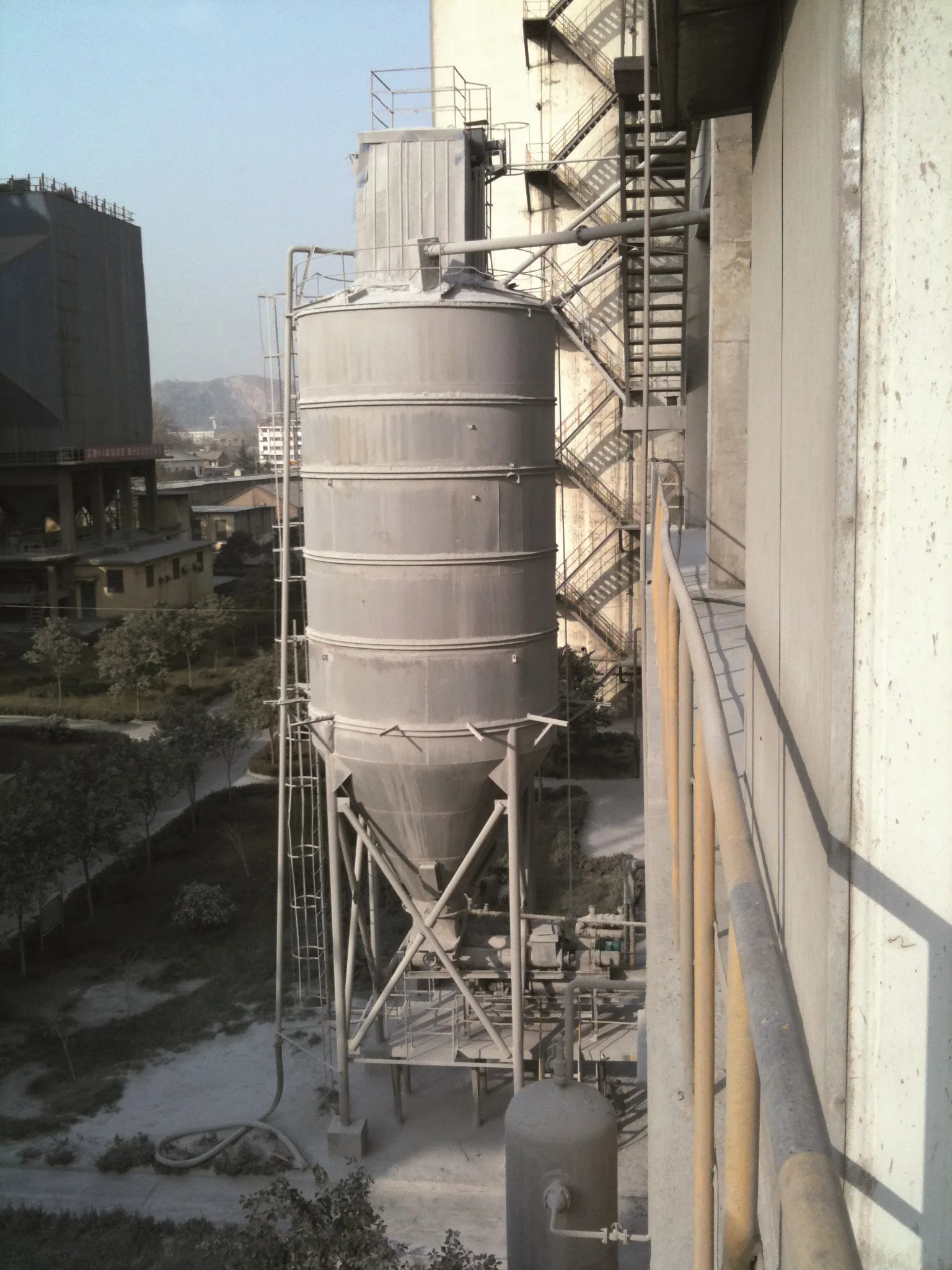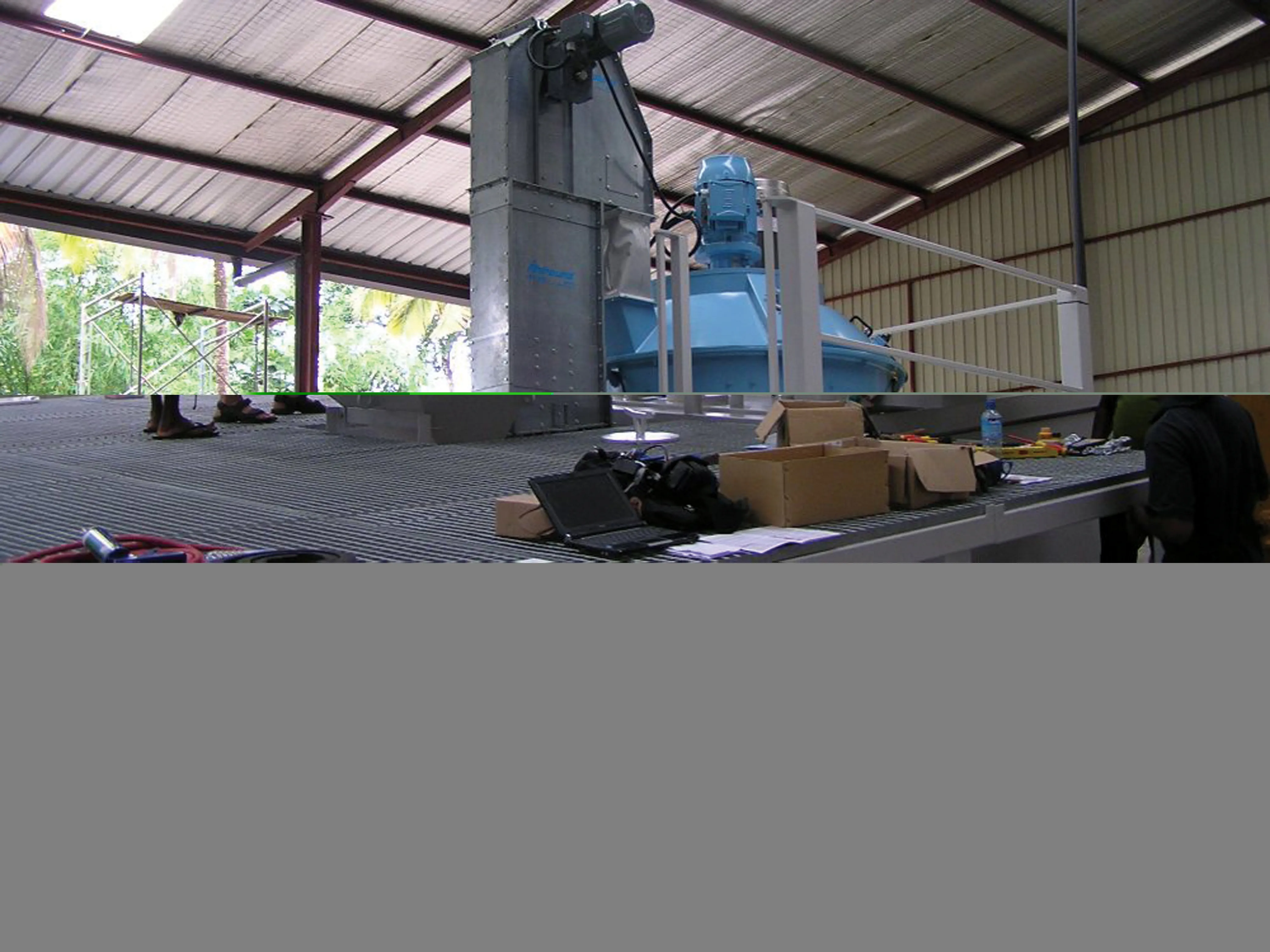A new biomass-fuel conversion facility is being established in the US state of Hawaii.
March 1, 2012
Read time: 1 min
A new biomass-fuel conversion facility is being established in the US state of Hawaii. This plant will be intended to highlight the efficiency of biomass-fuel conversion processes as well as the efficiency of new energy solutions. The facility is also intended to prove that efficient and reliable secondary processes such as storage and transportation can be handled effectively in a true production environment. The facility will allow researchers to investigate issues such as the problems caused by irregularly shaped raw materials for use in biomass processes will place on plant design and specification for example.








